DEC 2020 Blues Vol 36 No. 12 - 36TH ANNIVERSARY EDITION
- Text
- Edition
- Police
- Hpou
- Evans
- Barron
- Simper
- Supply
- News
- Enforcement
- Police
- News
- Magazine
- Magazine
- Firearm
- December
- November
- Soliz
- Enforcement
- Blues
Sunset Advisory
Sunset Advisory Commission November 2020 Sunset Advisory Commission issues blistering report on Texas Commission on Law Enforcement (TCLOE) AUSTIN – Texas Commission on Law Enforcement (TCOLE) received a not so glowing report from The Sunset Advisory Commission amid a contentious nationwide re-evaluation of the fundamental role of police. The commission, which reviews the performance of state agencies every 10 years or so, issued the blistering report, citing the deaths of Sandra Bland, Eric Garner, Tamir Rice and George Floyd, among others, prompting calls for stronger oversight from police departments and civilian review boards, as well as stricter limits on police use of force. In the report, they claim more than 600 Texas law enforcement officers received a dishonorable discharge from their agencies for misconduct. Yet more than a quarter of them were rehired to work as sworn officers. They also state: ”to qualify for a peace officer license, Texas cops need fewer hours of basic training than licensed cosmetologists and less than half the education required of air-conditioning and refrigeration contractors. While the basic training requires officers to spend 48 hours on the firing range, it demands only two hours of “civilian interaction” instruction.” And the report says: “The difficulty of purging bad officers from the ranks of Texas police and outdated and inadequate officer training highlight how state lawmakers have rendered the Texas Commission on Law Enforcement unable to meaningfully oversee law enforcement agencies in Texas.” Although it is charged with licensing police, correctional officers and 911 dispatchers, TCLOE differs from state agencies that regulate other professions in that it has almost no authority to act against an officer’s license. Instead, most oversight of police conduct is left up to each of the state’s 2,700 law enforcement agencies, which set their own policies and standards. Without a shared definition of professional conduct, many have widely differing rules. For example, “In the Dallas-Fort Worth Metroplex, choke holds are an acceptable technique west of the 3200 block of Sandy Lane, but are not allowed on the east side of the same street because it crosses two different … jurisdictions,” the Sunset report found. Texas’ patchwork of uneven oversight has resulted in “a fragmented, outdated system with poor accountability, lack of statewide standards, and inadequate training,” the Sunset report stated. While advocacy groups and demonstrators have demanded better police oversight, they also have called on cities to reallocate millions of dollars from law enforcement budgets into community services. That, in turn, has sparked swift blow back from conservative politicians and supporters of law enforcement. In Austin, a lawmaker recently filed legislation prohibiting local governments from cutting police budgets. Washington-based criminologist Matthew Hickman said the protests and impassioned conversations about police reform have revealed holes in how municipalities, states and the federal government oversee law enforcement officers. Accountability starts at the department level, he said, with internal affairs investigation. At the other end, in the most egregious circumstances, the Department of Justice can pursue civil rights investigations against problem departments. Early in Process Charley Wilkison, executive director of the Combined Law Enforcement Associations of Texas (CLEAT), said the Sunset report was just the beginning of the process of state lawmakers’ evaluation of the law enforcement commission. Legislators will hold hearings next year and almost certainly change some of the Sunset staff’s recommendations. ExEcutivE Summary of SunSEt Staff rEport Project Manager: Andrew McConnell Texas’ approach to law enforcement regulation no longer meets the needs of the state. Texas has relied on a bifurcated regulatory model since it began licensing peace officers in 1970. At the state level, the Texas Commission on Law Enforcement (TCOLE) sets minimum licensing and training standards for law enforcement personnel and enforces compliance with them. Meanwhile, local law enforcement agencies set their own standards of professional conduct and disciplinary policies, as well as additional training requirements for their employees. However, over the past 50 years, the world in which law enforcement personnel operate has changed significantly, becoming much more complex and demanding. Technology has increased the public’s awareness of law enforcement activities, greatly increasing pressure for professionalism and external scrutiny of conduct. The bifurcated regulatory model from 1970 has not kept pace with these changes, and can no longer ensure the conduct, training, transparency, and accountability the public expects of law enforcement in 2020. The Sunset review found the state’s regulatory approach has resulted in a fragmented, outdated system with poor accountability, lack of statewide standards, and inadequate training. And while Texas has a continuing need to regulate law enforcement, the state’s current regulation is, by and large, toothless. TCOLE has struggled to adapt to this changing environment, but many struggles are beyond its control. Instead, they stem from the state’s bifurcated regulatory model, which has created a significant disparity between the public’s expectations and TCOLE’s actual authority. The public presumes TCOLE is a fully capable professional licensing and regulatory agency, similar to the Texas Medical Board or Texas Pharmacy Board, with broad authority to set high standards for individuals to receive and maintain a law enforcement license, and to hold these licensees fully accountable. In reality, TCOLE has relatively limited authority to set or enforce anything but minimum licensure standards, which are outdated and insufficient. TCOLE has no role in setting or enforcing standards of professional conduct for law enforcement personnel, and only has authority to hold law enforcement licensees accountable for their conduct in cases of a criminal conviction or deferred adjudication. TCOLE also has no authority to enforce standards for law enforcement agencies, such as local sheriffs’ offices. Additionally, within Texas Commission on Law Enforcement Full Report Here sunset.texas.gov The state’s current regulation of law enforcement is, by and large, toothless. 26 The BLUES POLICE MAGAZINE The BLUES POLICE MAGAZINE 27 Texas Commission on Law Enforcement Executive Summary of Sunset Staff Report 1
- Page 1 and 2: The BLUES POLICE MAGAZINE 1
- Page 4: DECEMBER, 2020 • VOL. 36 NO. 12 M
- Page 8: IN MEMORY OF THOSE WHO DIED IN THE
- Page 12: IN MEMORY OF THOSE WHO DIED IN THE
- Page 16: The officers in NYC that arrested a
- Page 20: MICHAEL BARRON, BLUES FOUNDER REX E
- Page 24: Chase Cormier ready for XGAMES with
- Page 30: Minneapolis mayor, police chief cal
- Page 34: Minneapolis CONTINUED FROM PAGE 31
- Page 38: After effects are “The AFTERMATH
- Page 42: HOLIDAY GIFT GUIDE 2020 - APPAREL H
- Page 46: HOLIDAY GIFT GUIDE 2020 - APPAREL H
- Page 50: HOLIDAY GIFT GUIDE 2020 - MORE GIFT
- Page 54: Walter could live. By now the schoo
- Page 58: Daniel O'Kelly 3. AVOID ARRESTS FOR
- Page 62: SHOW YOUR SUPPORT Shop for your ‘
- Page 66: ashlights epper spray BACK the BLUE
- Page 70: unning 4 heroes Zechariah Cartledge
- Page 74: Sometimes it helps just to talk EDI
- Page 78:
Police Officer Marshall Waters, Jr.
- Page 82:
A tradition that I have enjoyed for
- Page 86:
City of Belton Hays County Criminal
- Page 90:
90 The BLUES POLICE MAGAZINE
Inappropriate
Loading...
Mail this publication
Loading...
Embed
Loading...


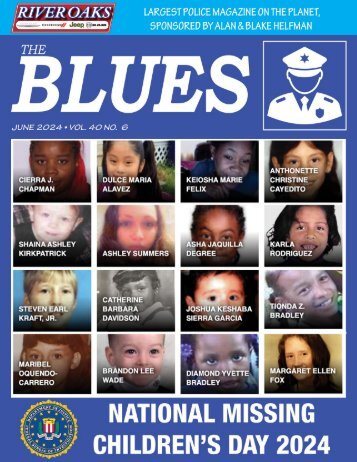
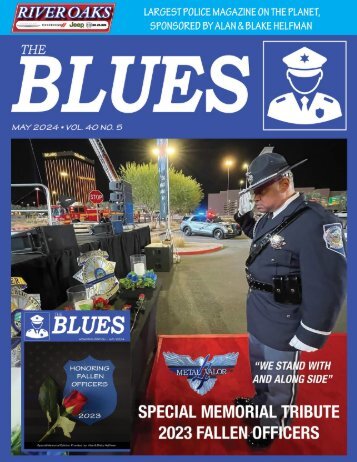
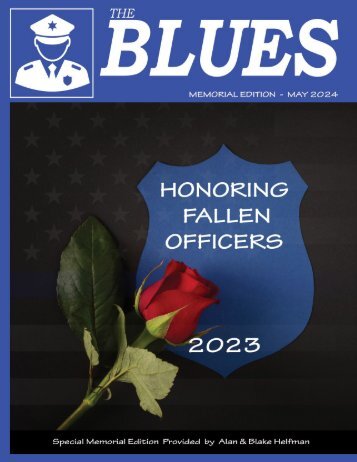
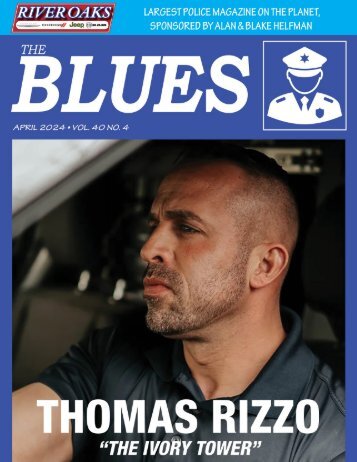
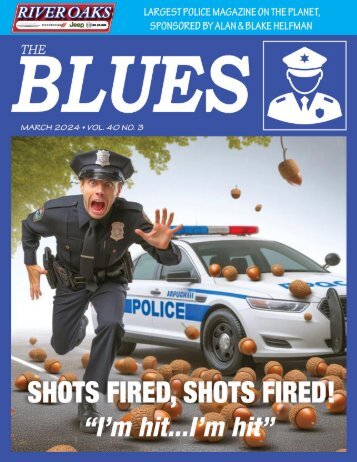

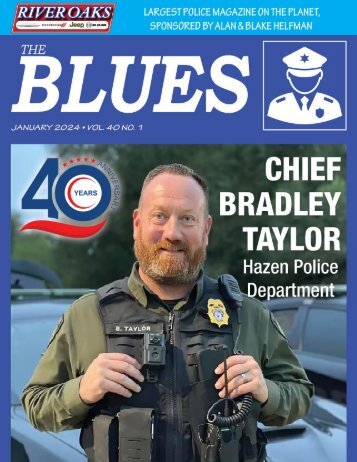
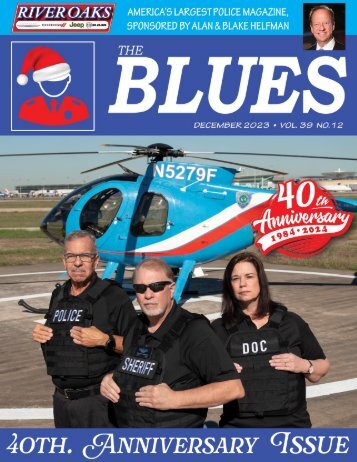
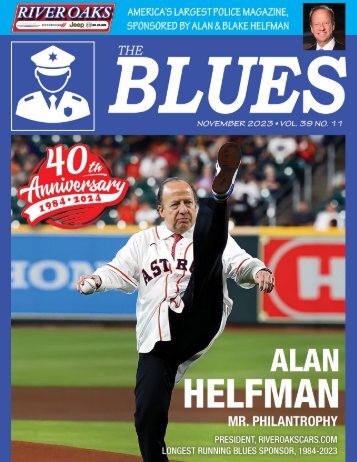
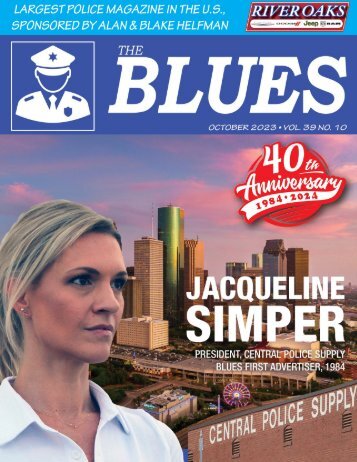
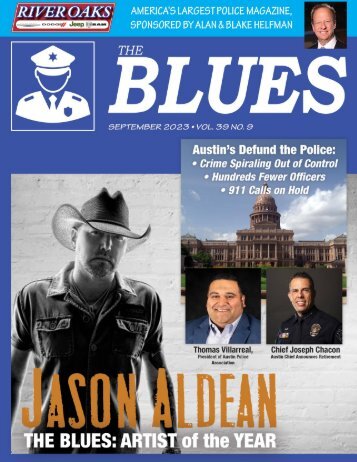
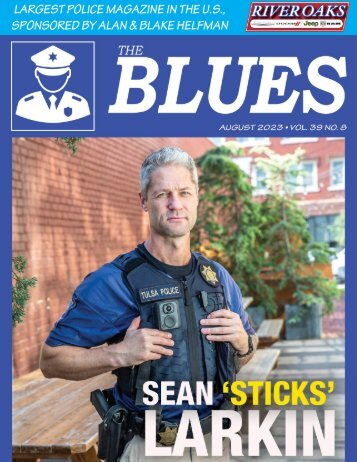
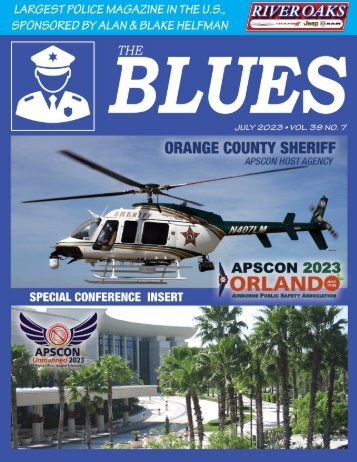
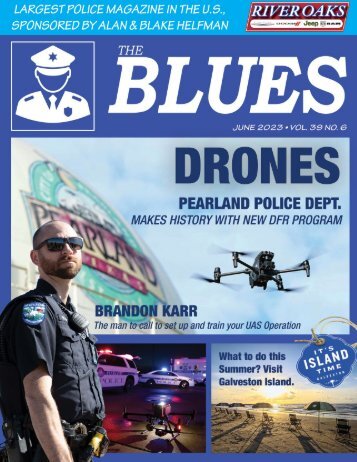
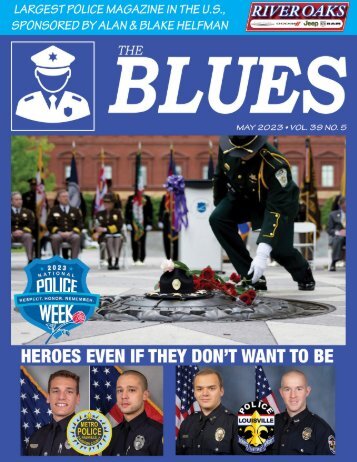
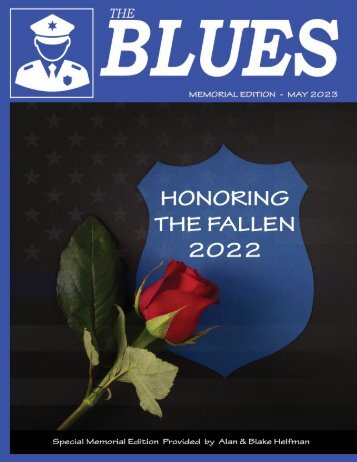
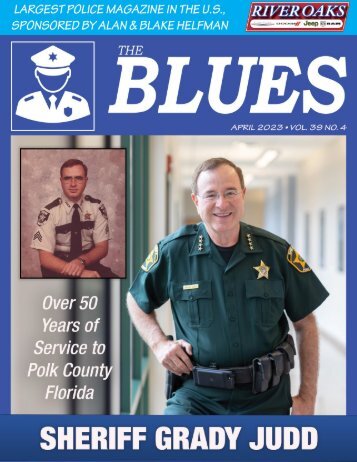
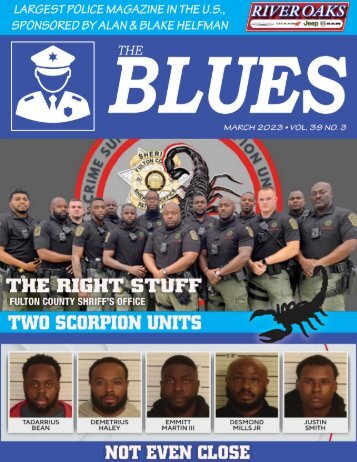
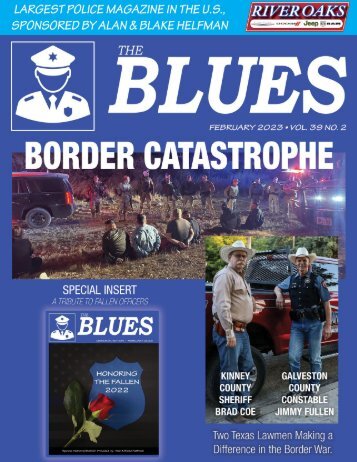
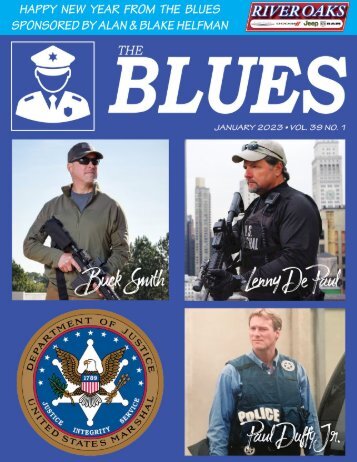

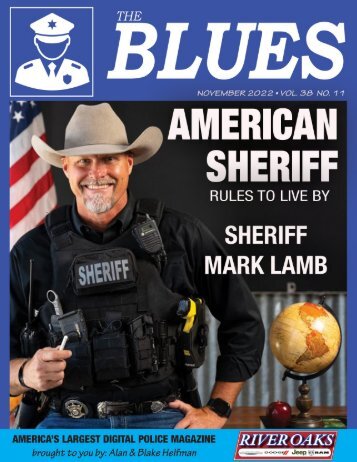
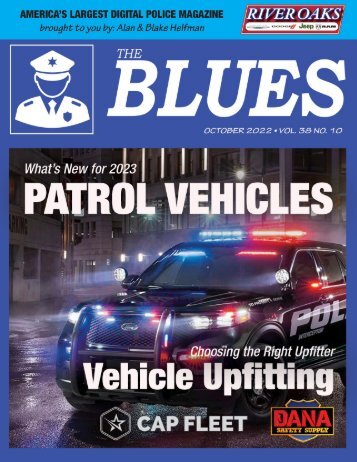
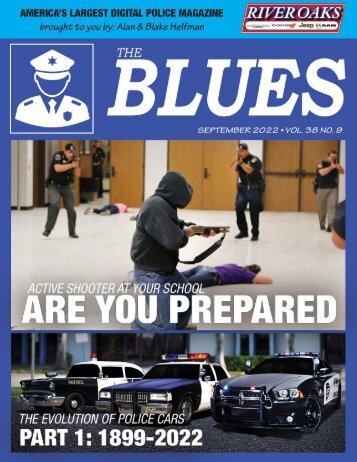
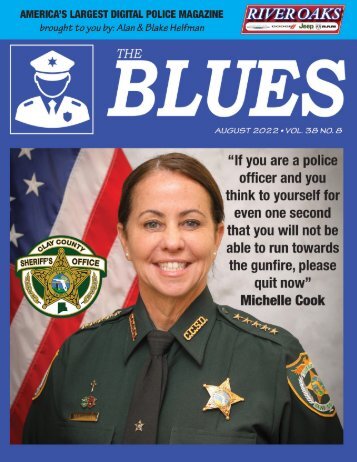

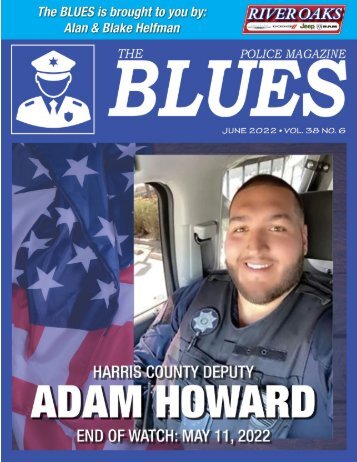
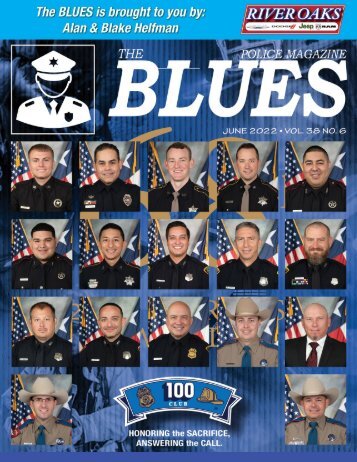
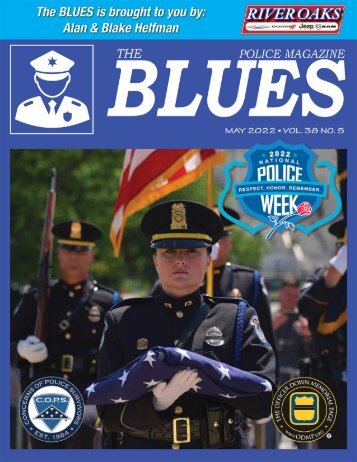
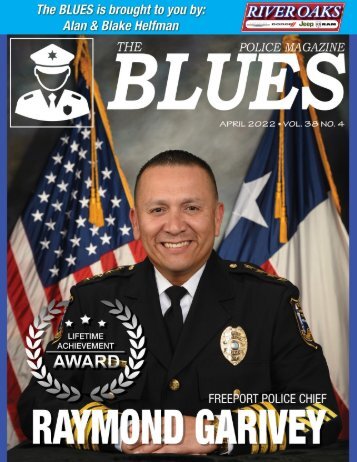
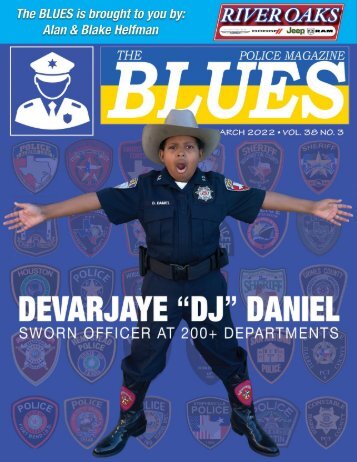
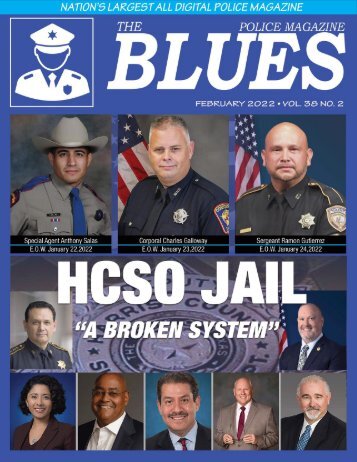
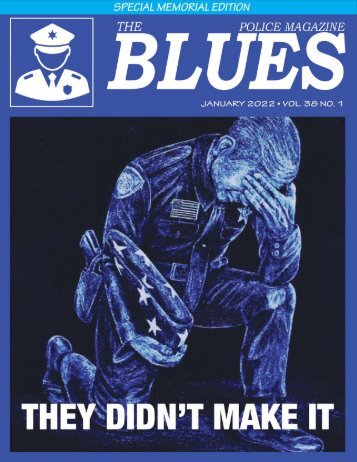
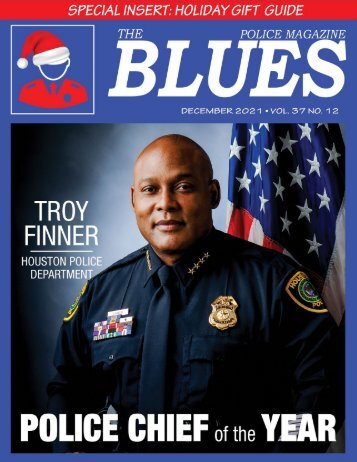
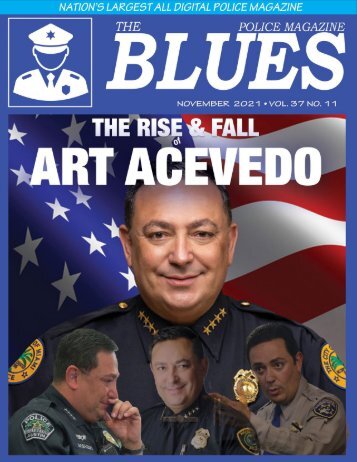
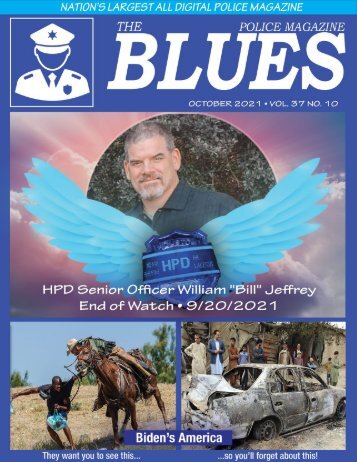
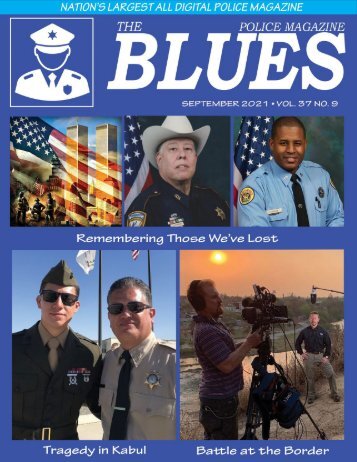
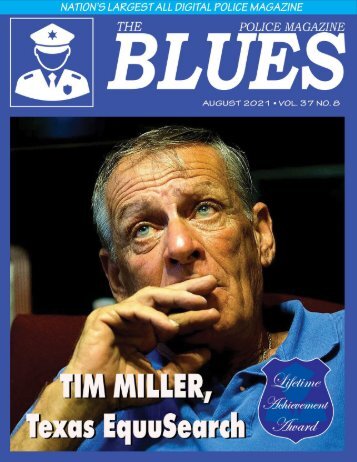
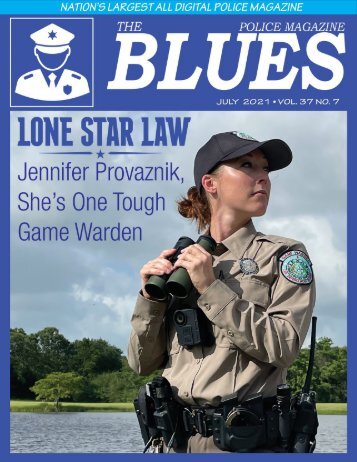

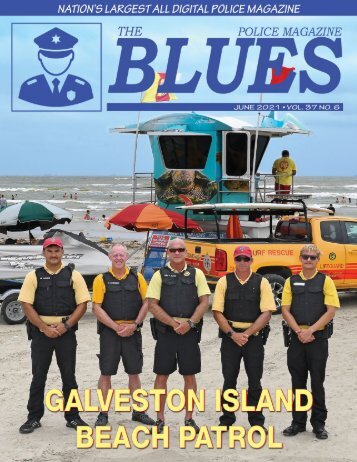

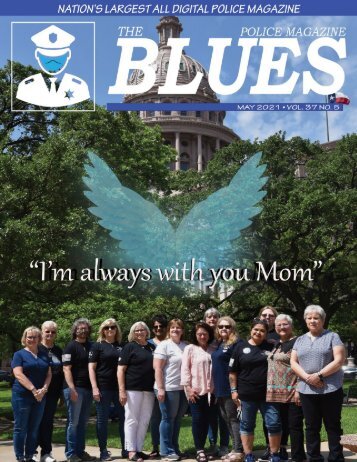
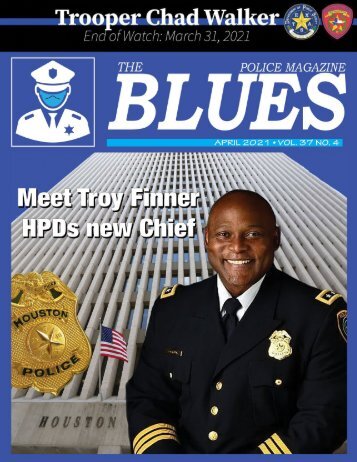
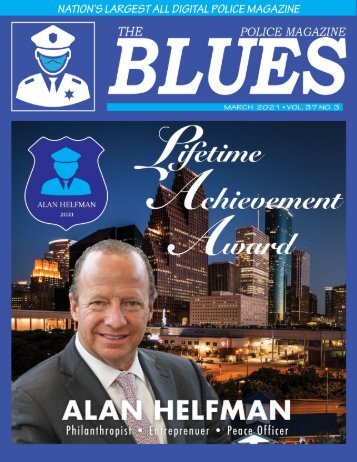
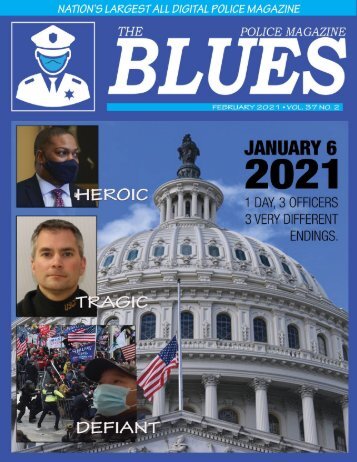

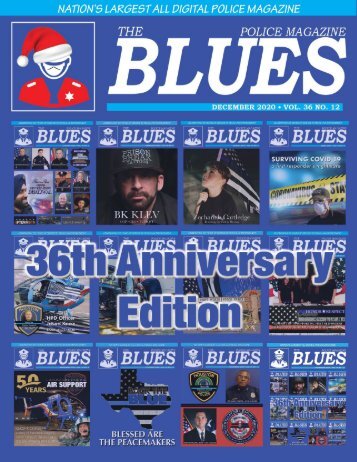
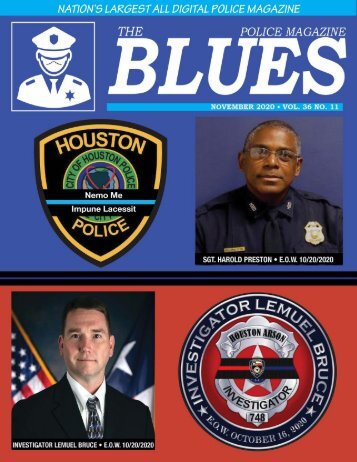
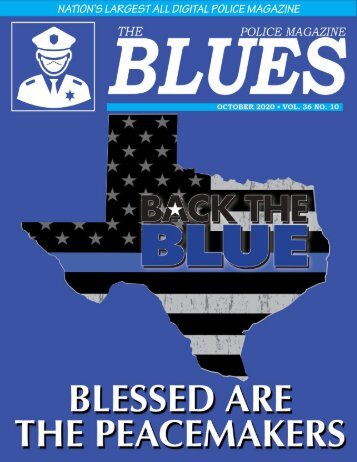
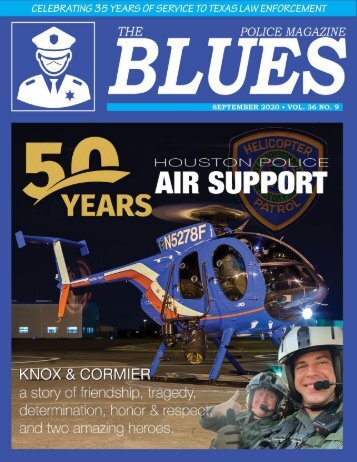
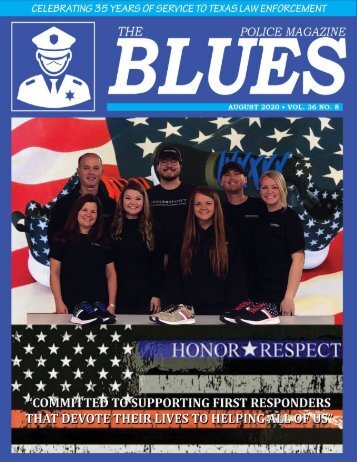
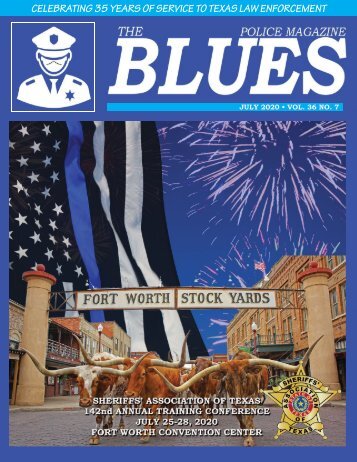
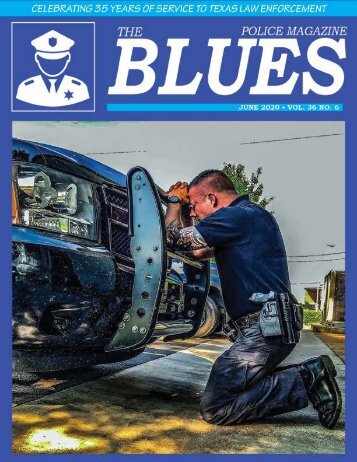
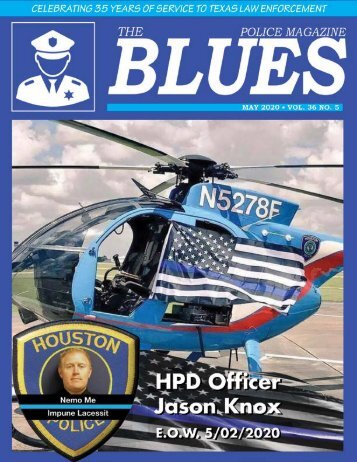
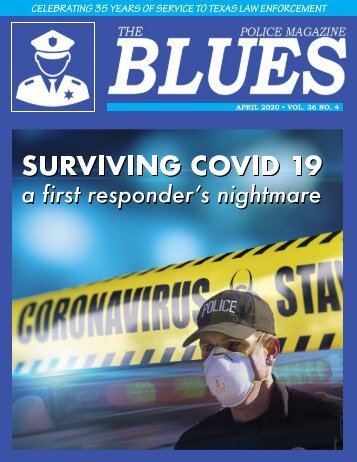
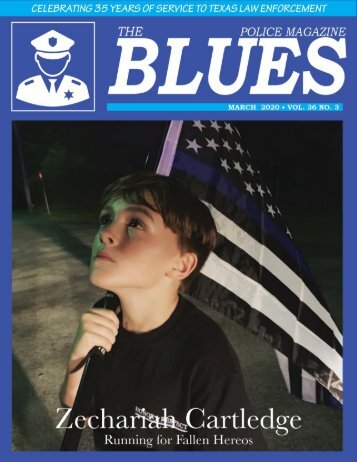
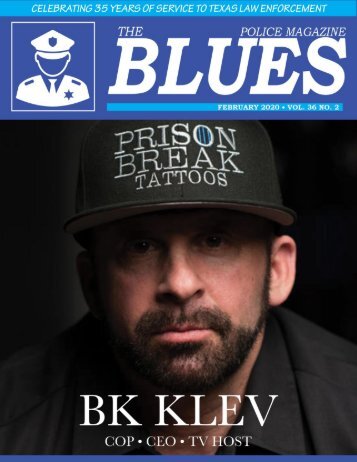
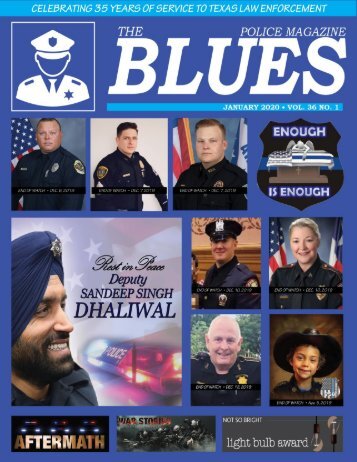
Follow Us
Facebook